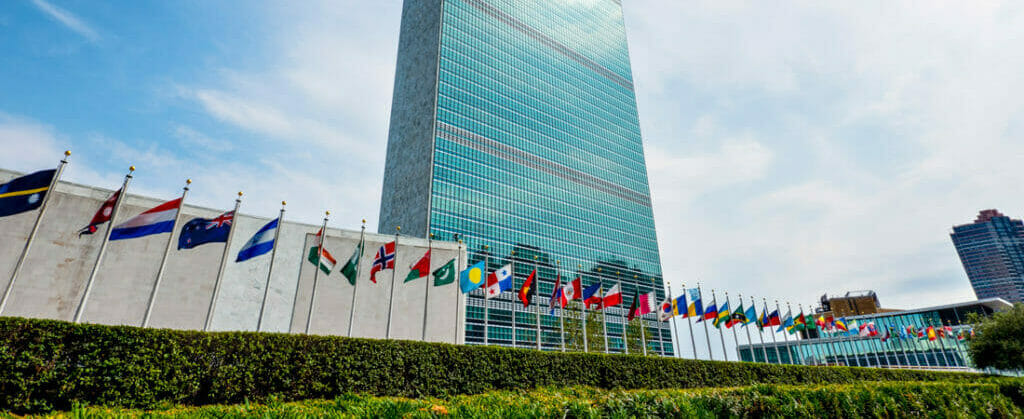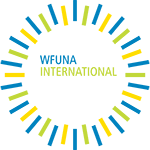The Commission on the Status of Women (CSW), a functional commission of the United Nations Economic and Social Council (ECOSOC) established in 1946, is the main global intergovernmental body dedicated to promoting gender equality and the empowerment of women and girls. As a key forum for policy dialogue, negotiation, and norm-setting, the CSW has played a central role in shaping international standards and strategies to advance women’s rights for nearly eight decades. The Commission has historically driven progress on some of the most critical and challenging issues facing half the world’s population.
The Review of the Beijing Platform for Action marks the 30th anniversary of one of the most significant milestones in the global fight for gender equality. In 1995, the Fourth World Conference on Women, held in Beijing, China, brought together 189 Member States and over 17,000 participants, including activists, government representatives, and civil society organizations. The outcome of that historic gathering was the Beijing Declaration and Platform for Action (BPfA), a groundbreaking policy framework centered on 12 critical areas of concern. The core issues include the elimination of all forms of violence against women, their full and effective participation in public life and decision-making, and economic empowerment. Recent efforts have emphasized addressing women's poverty, strengthening institutions and financing for
gender equality, closing the digital divide, and incorporating a gender perspective to any action, policy, legislation or action that addresses climate change. The Platform remains one of the most ambitious and comprehensive roadmaps for achieving gender equality and women’s empowerment ever adopted at the global level.
Thirty years on, the world has seen substantial progress in many areas. Legal reforms in numerous countries have expanded protections against gender-based violence and discrimination. Women’s political representation has increased in many national legislatures, and access to education for girls has improved globally. Yet despite these gains, significant challenges persist. Gender pay gaps, under representation in
leadership roles, unequal access to digital tools and resources, and inadequate support for unpaid care work continue to reinforce systemic inequalities. Meanwhile, global crises—including climate change, conflict, rising authoritarianism, and digital threats—are creating new risks and widening existing gender gaps.
To mark Beijing+30, the CSW’s 69th session in March 2025 saw Member States adopt a new political declaration reaffirming their commitment to the original goals of the Platform. The declaration emphasized the importance of aligning the BPfA with the 2030 Agenda for Sustainable Development, especially Sustainable Development Goal 5 (Gender Equality), while calling for stronger action to tackle persistent barriers. Consultations in the lead-up to the session—including regional reviews, expert group meetings, and high-level events—highlighted the need for renewed investments in care infrastructure, digital inclusion, climate resilience, and support for grassroots women’s organizations.


